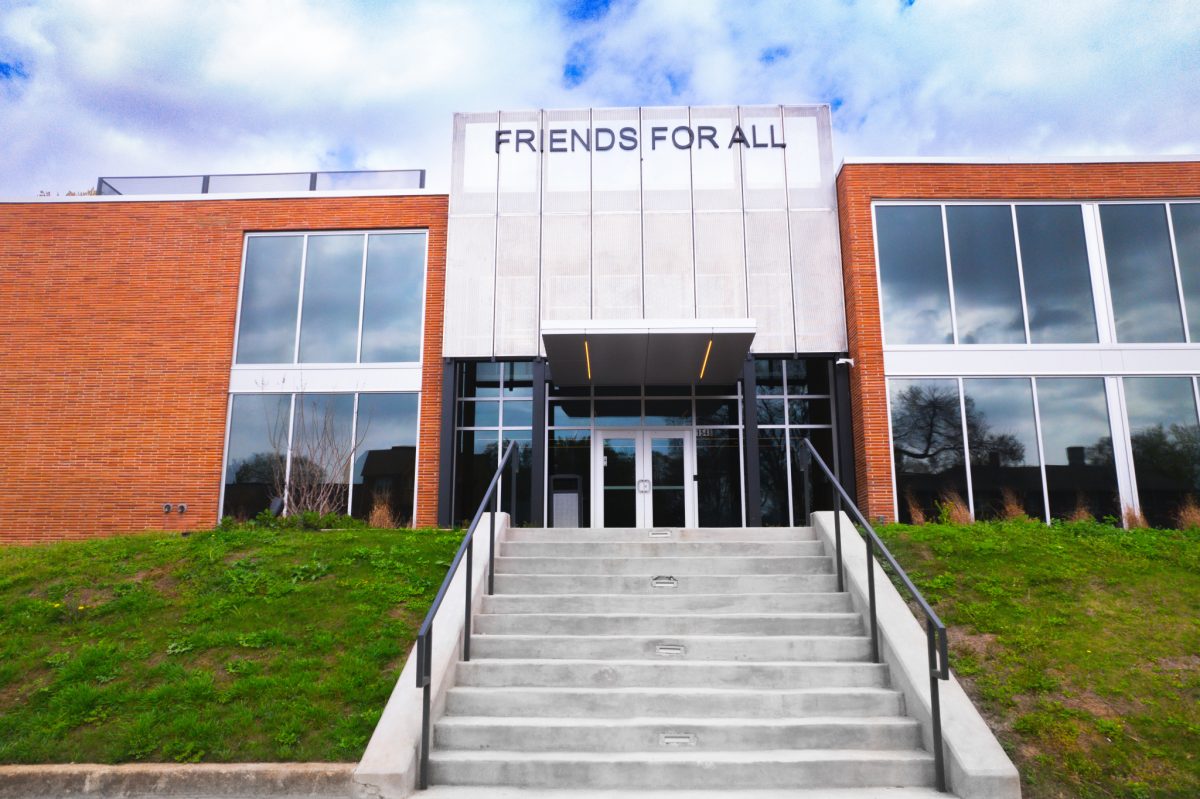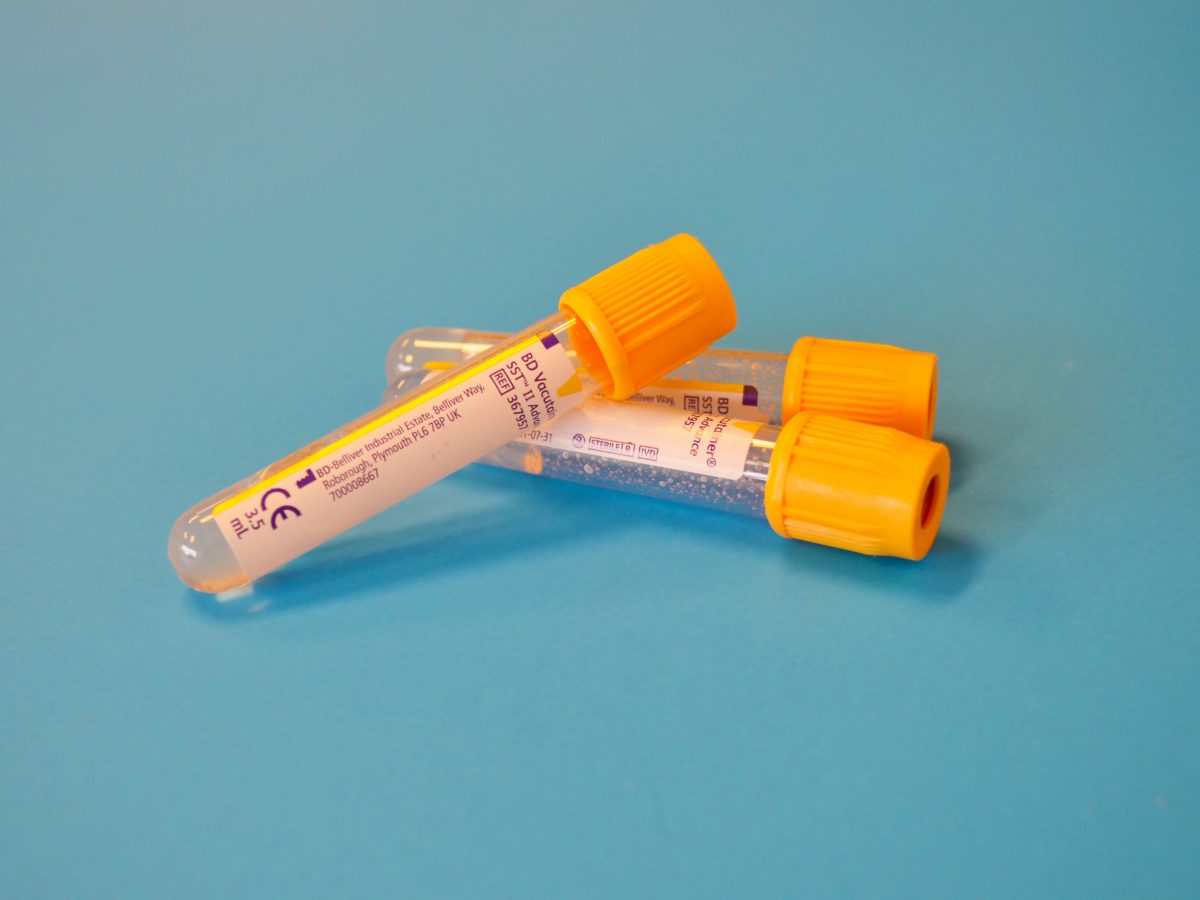This Saturday, the nonprofit Friends For All will celebrate its 40th Birthday Bash at its headquarters. The family-friendly event will include free community resources, CEO panel with Q&A, activities, food from Memphis-based food trucks, and a birthday cake.
“It’ll be an opportunity for us to not only show off our new building [completed in October 2023], but also show off the activities that we do inside this building,” says Friends For All CEO Diane Duke. That means cooking demonstrations with a registered dietitian, dance classes, art classes, and more. “We’ll have tours of the building, talking about what we do here, so kind of an open house, get to know us, celebrate 40 years.”
Friends For All started as Friends for Life in 1985 at the height of the AIDS epidemic in Memphis. “It was literally a group of friends who came together to help their friends and their family members die with dignity,” Duke says, “because it was a death sentence back then. Now, because of medical advances that we’ve had, it’s not a death sentence anymore, and people can live long, happy, and healthy lives and be HIV-positive.”
Even with all these advances, Friends For All’s work continues to be relevant as ever, especially since Memphis is second in the nation for new transmissions of HIV. For that reason, the nonprofit works “at the outlying factors that keep HIV high,” Duke says, “and that’s the social drivers of health: poverty, housing insecurity, food insecurity, and stigma.”
So now, Friends For All has evolved to offer early intervention services, medical case management, rental and mortgage assistance, emergency financial assistance, group and individual mental health counseling services, rapid HIV and STI testing and treatment services, digital health literacy courses, and food pantry, and food delivery, and nutrition services — all at a low or no cost. The nonprofit also has a full service mobile care unit and a dedicated outreach team, which was able to conduct more than 3,500 HIV tests throughout the region this past year.
“Friends For All’s now a one-stop shop to really help those outlying issues and keep people from contracting it, or if you have it, getting that viral load down,” Duke says.
These days, though, as the Trump administration threatens cuts to funding for the Centers for Disease Control and Prevention (CDC), which includes the HIV prevention budget, Friends For All’s future could be bleak. “Within the administration, we’re facing some real challenges that would devastate us and the community,” Duke says. “So we would see HIV rates soar, and we would again see people die. We don’t want that. We’re really hoping that the administration rethinks their stance on where it looks like they’re going on funding for this.”
But, with this weekend being a celebration, Duke doesn’t want to lose sight of the 40 years of progress Friends For All has made. “Joy is important,” she says. “So that we don’t lose hope. We are celebrating how far we’ve come, and we’re also making sure that we’re determined to continue and encourage people to speak to their elected officials to make sure that this funding continues.”
Reserve a spot for the Friends For All 40th Birthday Bash here.
Friends For All 40th Birthday Bash, Friends For All Headquarters, 1548 Poplar Avenue, Saturday, March 22, 10 a.m.-2 p.m., free.







